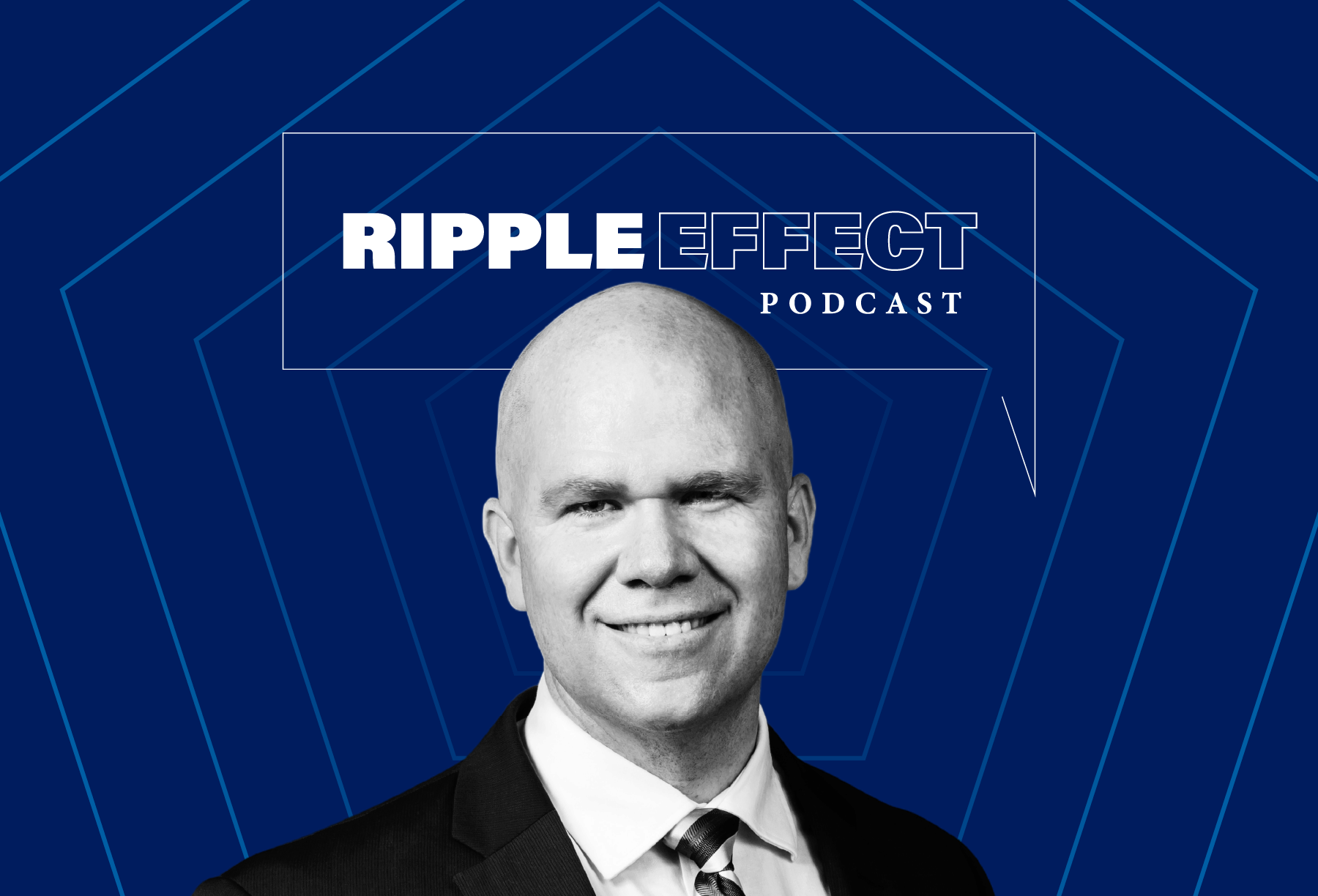Corporate America Faces Economic Pessimism
Corporate America is experiencing a significant downturn in optimism regarding the US economy, unseen since the 2008 financial crisis. This shift in sentiment, noted during recent earnings calls, poses a notable concern for investors already wary of continued challenges stemming from Donald Trump’s trade policies.
Investor Caution Amid Economic Uncertainty
The surge in pessimistic commentary regarding macroeconomic conditions has reached levels not observed since 2009, as revealed by a Bank of America Corp. analysis of earnings season conference calls. Traditionally a period that enhances equity performance, the current earnings season has seen the S&P 500 drop nearly 15% from its February record high. This decline comes as investors anticipate further consequences from Trump’s global trade policy revamp efforts. Such developments raise the stakes for firms highly dependent on economic fluctuations, particularly automakers and transportation companies.
Impact of Trade War Policies
Executives face mounting challenges in evaluating the effects of the White House’s swiftly changing policies on business operations. This uncertainty exacerbates pressures on US stocks, which risk re-entering a bear market amidst increased recession fears and potential inflation surges due to Trump’s tariffs.
Veteran market strategist Jim Paulsen noted a widespread revision of outlooks by corporate CEOs, which he attributes to increasing concern within the corporate sector. ASML Holding NV has expressed difficulties in assessing tariff impacts on the semiconductor industry, while Delta Air Lines Inc. retracted its full-year financial guidance due to global trade uncertainties. Similarly, Kimberly-Clark Corp. has downgraded its profit expectations in light of potential trade war implications on costs.
Guidance Adjustments in the Face of Challenges
The current quarter has seen 27% of companies within the S&P 500 Index revise their 2025 projections downward, contrasting with just 9% who have chosen to enhance their outlook. This data, compiled by Bloomberg Intelligence, underscores the prevailing economic pessimism.
Automakers, in particular, have shown a marked decline in sentiment, cutting earnings expectations for the next 12 months by approximately 9% on average, as reported by Citigroup Inc. Alternatively, companies producing consumer staples and necessities, which typically perform better during economic downturns, have shown cautious optimism, increasing their estimates by over 1%.
In summary, the current economic climate has incited a level of gloom among US CEOs not seen since the last major financial crisis. As the landscape of global trade continues to evolve unpredictably, investors and business leaders alike must navigate an environment rife with challenges and potential setbacks.
Stay updated with the latest financial insights by subscribing to fintechfilter.com for more in-depth analysis and news.







